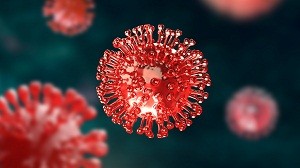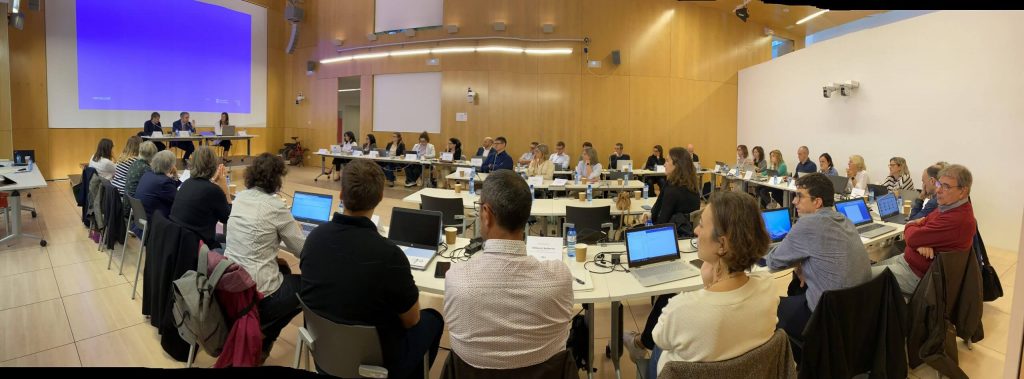When the COVID-19 health crisis broke out in Spain, the ministerial machinery sagely determined that the Carlos III Health Institute (ISCIII) would receive 25.2 million euros to make an express call for grant applications and that the Spanish National Research Council (CSIC), specifically the National Centre for Biotechnology (CNB), would obtain 4.5 million euros to “study the new coronavirus and work on the development of vaccines”.
This was highly irregular, not so much because of the money made available to the ISCIII via a call for proposals, but because it picked the CNB-CSIC as the only centre in Spain with the capacity to work favourably on COVID-19 with a considerable amount of money. It is surprising that other highly prestigious and scientifically and technologically solvent institutions in the biomedical field have been kept on the sidelines. For example, the CERCA system includes institutes such as the August Pi i Sunyer Biomedical Research Institute (IDIBAPS), the Vall d’Hebron Research Institute (VHIR), the Centre for Genomic Regulation (CRG), the Bellvitge Biomedical Research Institute (IDIBELL), the Institute for Research in Biomedicine (IRB Barcelona), the Institute for Bioengineering of Catalonia (IBEC), the Barcelona Centre for International Health Research (ISGlobal) and the Institute for AIDS Research (IrsiCaixa), among others, with proven expertise in this field.
But let us now look at the 25.2 million euros from the ISCIII call for proposals. As of today (15 April 2020), some €4.7 million have been granted. This is spread over 15 projects, 3 of which are Catalan (and of these, one at the BSC, a mainly state-run centre in Catalonia). Twenty million are still to be distributed, but some relevant questions come to mind.
- Why have Catalan centres, which usually obtain good percentages of grants from state calls for applications, only received 20% of this express call for applications? Have we done so badly in our COVID-19 project proposals?
- What assurances have been made to avoid conflicts of interest in awarding projects in the ISCIII call for proposals?
- How is it possible that IDIBAPS, the most highly rated institution in Spain, is not among the ISCIII grantees?
In my opinion, the arbitrary nature in which 4.5 million euros have been awarded to the CNB-CSIC, and the opacity of the ISCIII awarding process, producing, at the very least, somewhat exotic results, compromise the credibility of Spanish science policy. I cannot put it more bluntly.
The message given by Spanish science officials is not up to the job.
No,
Jo dic no,
Nosaltres diguem no.
(No, I say no, we say no). We are not part of that world.
Let us not forget Raimon’s rousing words, highly appropriate to this situation.




